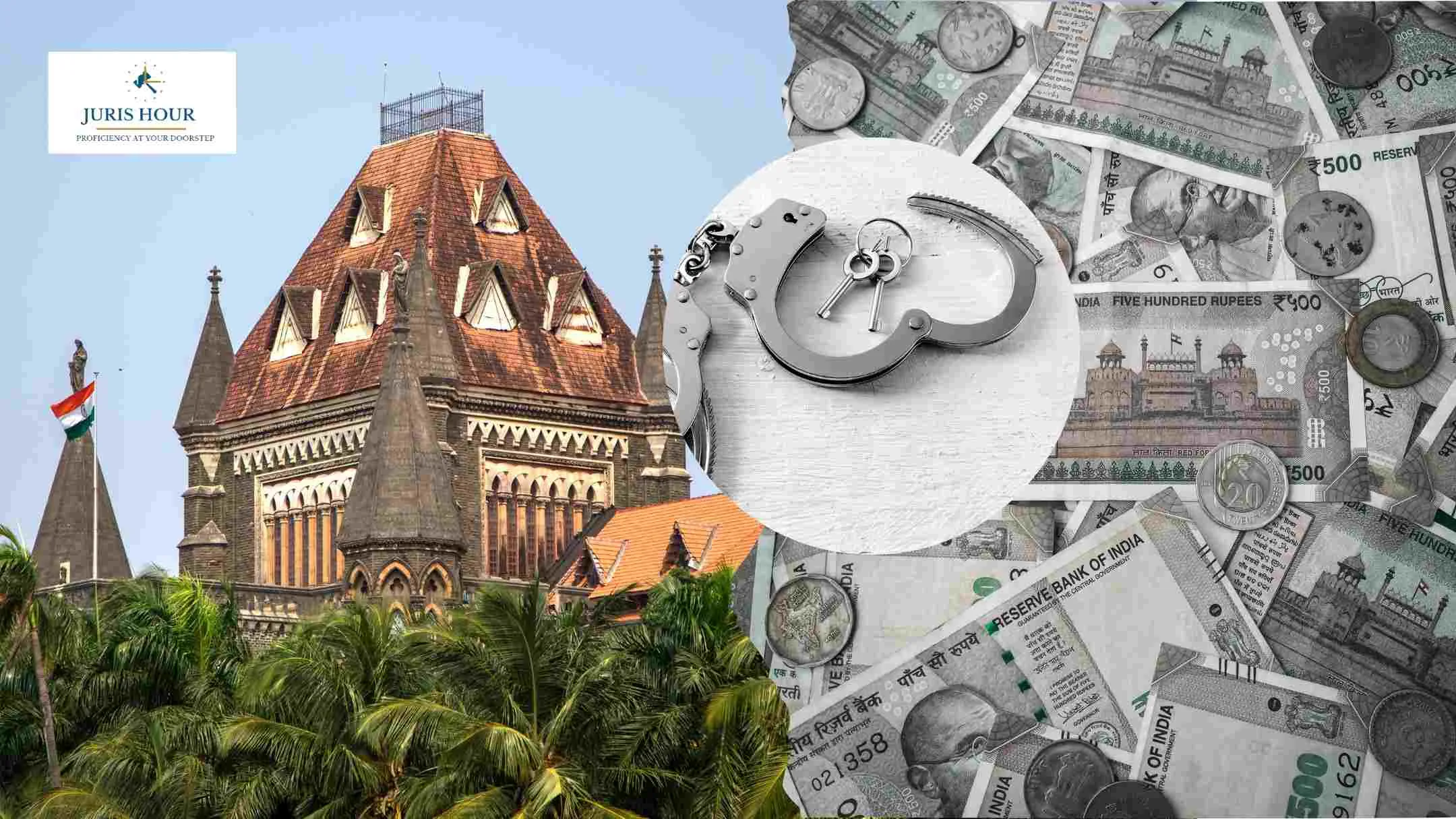The Bombay High Court granted bail to Ashraf bhai Ibrahim bhai Kalavdiya, the alleged mastermind in a Rs. 8500 crore fake Input Tax Credit (ITC) scam, citing violation of fundamental rights under Article 22(1) of the Constitution and non-compliance with mandatory arrest procedures.
The bench of Justice Ashwin D. Bhobe observed that the arrest was vitiated due to non-compliance with Article 22(1), which mandates informing the arrested person of the grounds of arrest. The court ruled that merely reading out or summarizing the reasons for arrest was insufficient and emphasized that the grounds must be communicated clearly and preferably in writing in a language understood by the accused.
Kalavdiya, accused of operating bogus firms and fraudulently availing and passing on ITC without actual supply of goods or services, was arrested on March 12, 2024, by officers of the Directorate General of GST Intelligence (DGGI), Pune Zonal Unit. He had been in judicial custody since his arrest, with a bail plea previously rejected by the Sessions Court in October 2024.
The department had argued that Kalavdiya was informed orally, and that the Arrest Memo and Authorization to Arrest sufficed as compliance.
However, the court held that these documents did not adequately communicate the grounds of arrest and were not addressed directly to the accused, thus falling short of constitutional and legal standards.
The court drew heavily from recent Supreme Court precedents including Vihaan Kumar v. State of Haryana, Prabir Purkayastha v. State (NCT of Delhi), and Pankaj Bansal v. Union of India, which reiterate that procedural violations during arrest, especially failure to furnish the grounds in writing, render such arrest illegal.
The court granted bail to Kalavdiya on a personal bond of Rs. 1 lakh with two sureties, and several conditions were imposed, including surrender of his passport, restriction on travel outside Maharashtra, and mandatory attendance at trial proceedings.
While the DGGI highlighted that Kalavdiya is facing a similar case in Gujarat, the court noted that mere pendency of another case cannot be grounds for denial of bail, citing the Supreme Court’s view in Prabhakar Tewari v. State of U.P.
Case Details
Case Title: Ashrafbhai Ibrahimbhai Kalavdiya Versus Union of India and Anr.
Case No.: CRIMINAL BAIL APPLICATION NO. 420 OF 2025
Date: 18/07/2025
Counsel For Petitioner: Senior Advocate Sudeep Pasbola, Advocate Mohsin Ghaniwala
Counsel For Respondent: Dr. Ashvini A. Takalkar
Read More: GSTR-3B Filing Deadline Approaches: Businesses Urged to Submit June Returns by July 20, 2025

